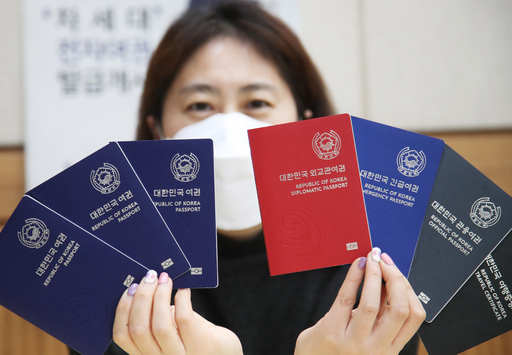— Causality still unclear but getting harder to argue against
by John GiverContributing Writer, MedPage Today March 12, 2023
LAS VEGAS — A new study reported here adds to mounting evidence that individuals suffering head injuries — not just athletes — are more prone to injuring their knees and ankles over the succeeding months.
Rates of ankle sprain and three types of knee ligament injury were approximately doubled in the 12 months after a concussion diagnosis compared with a non-concussed control group, according to Andrea Johnson, MSN, of Luminis Health in Annapolis, Maryland, and colleagues.
“Patients should be counseled regarding this increased risk,” the group said in a poster at the American Academy of Orthopaedic Surgeons annual meeting. The findings also suggest that clinicians and researchers should take a closer look at neuromuscular function after concussion.
The study design could only establish an association, not prove a cause-and-effect relationship. But it’s just the latest in a series of analyses, all with different methods and patient populations, all finding the same association. It’s unclear what unsuspected confounders could account for the finding.
Most of this literature has focused on young athletes experiencing concussions. One publication in 2016 also found an approximately doubled risk among college players in a variety of sports. It’s been suggested that neuromotor function may stay impaired even after individuals appear to have recovered — a 2017 study found alterations in lower-extremity joint stiffness following concussion in college football players. Another theory puts the blame on subtle deficits in cognitive processing, worsening reaction times. Athletes then make judgment errors in, for example, changing direction when running.
Now the question is whether these findings also apply in the general population, and that’s where Johnson and colleagues come in.
They drew on the TriNetX databasewhich collects medical records from more than 100 commercial and government payers, covering some 7.6 million individuals. The researchers identified 97,708 people who had concussions during 2018-2020 and whose records covered the following 12 months. Specifically, these were insured individuals who had outpatient or emergency visits with a resulting concussion diagnosis.
Concussed patients were then matched to an equal number of non-concussed people by age, sex, and other demographic parameters. Mean age in the sample was 26 and 52% were female.
Johnson and colleagues looked specifically for rates of four types of knee injury (tears or sprains in anterior cruciate, posterior cruciate, medial collateral, or lateral collateral ligaments) and ankle sprain in the year after concussion.
These were not common, it must be noted. In the concussion group, 972 subsequently sprained an ankle, and about 400 experienced some type of knee injury. But the rates were significantly higher than in the non-concussed group, with risk ratios ranging from 1.79 to 2.70 (all P<0.05). Anterior cruciate ligament (ACL) tears were an exception — these occurred at nearly the same rate in both groups.
These results are generally in line with another recent (but much smaller) study examining a community-based population. That analysis started with 1,653 patients with ACL tears and a similar group of uninjured controls and looked back to see if they had a history of concussion. The ACL group was 1.6 times as likely to have had a recent concussion.
Limitations to the new study included the reliance on administrative data such as claims records and the potential that patients included in the TriNetX database are not representative of the general population.
![author['full_name']](https://clf1.medpagetoday.com/media/images/author/johnGever_188.jpg)
John Giver was Managing Editor from 2014 to 2021; he is now a regular contributor.
Primary Source
American Academy of Orthopaedic Surgeons
Source Reference: Johnson A, et al “Risk of lower extremity ligamentous injury following concussion diagnosis: a TriNetX database study” AAOS 2023; Abstract P0898.
Note: This article have been indexed to our site. We do not claim legitimacy, ownership or copyright of any of the content above. To see the article at original source Click Here













